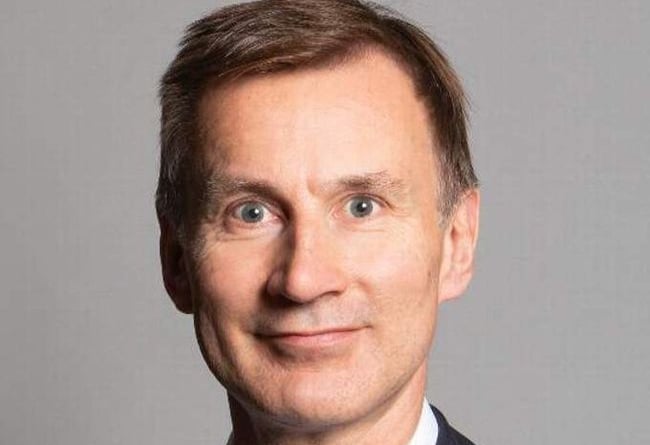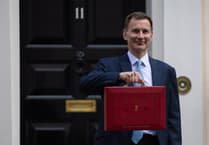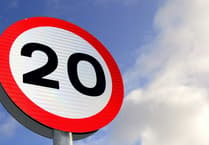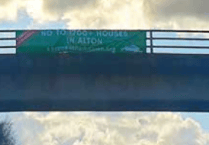I haven’t written about foreign affairs for a while but given the significance of what is happening in Ukraine, I think now is a good moment.
Trying to make sense of it all is fraught with danger – and reminds me of the comment by Mao’s deputy Zhou En Lai when asked about the historical impact of the French Revolution. “Too early to say,” was his reply.
That was nearly 200 years after the event and we are just months from Vladimir Putin’s brutal aggression. We therefore need to approach any analysis with humility.
But as a starter for ten, here are my observations about the widely-held assumptions that have been torn up by what Putin has done.
Firstly we assumed that following the collapse of the Soviet Union, Russia would be provoked by too much of a show of strength by NATO allies. So we soft-pedalled on Ukrainian and Georgian membership of NATO.
We constantly ‘reset’ relations even after events such as the murder of Alexander Litvinenko or the invasion of Crimea.
It is clear now that it is not strength that provokes Russia (or Putin) but weakness.
Everything we do now must therefore be based on a consistent display of unity and resolve to make sure the price Putin pays for what he has done is too high.
It would be fatal, for example, to accept today’s status quo as the price for peace. He would then be able to claim victory after conquering one fifth of Ukraine’s sovereign territory. What would he plan next?
The second assumption that has been torn up is about deterrence. We did not deter a full-scale attempt at the invasion of a European nation, causing the first major European war since 1945. Nuclear deterrence has deterred NATO from taking on Russia – but did not deter Russia from starting a war.
We can no longer sadly assume there will not be a conventional war between major nuclear powers, both sides gambling that the other would not escalate to a nuclear conflict. Very scary indeed.
The final big change in our thinking concerns China. We had assumed China would stick to its long-held foreign policy principle of ‘non-interference’ in other countries and therefore not sanction the invasion of a United Nations sovereign member.
Instead it has, perhaps because it wants to learn what the world might do if it invaded Taiwan. The use of economic dependency as a lever in wartime situations is apparent from Russia’s assumption that our need for its gas would constrain our response. But our economies are far more interwoven with the Chinese economy, soon to be the biggest in the world, than they are with Russia’s.
There are solutions to all these issues and it is important not to be gloomy – the challenges we face are still much less than our forebears faced in either the Second World War or the Cold War.
I will turn to them in a future column. But let me conclude by saying that sadly none of us South West Surrey is immune to the implications of what is happening in Ukraine.
We are all seeing petrol pump prices at nearly £2 a litre. We are all having to cope with inflation at ten per cent, something that particularly affects the least well off.
We will also have to fund the inevitable increases in military spending through our tax bills.
But none of this compares to the extent to which we will lose if the peace and security the world has enjoyed since 1945 is upended because Putin succeeds.
We must not let him.




